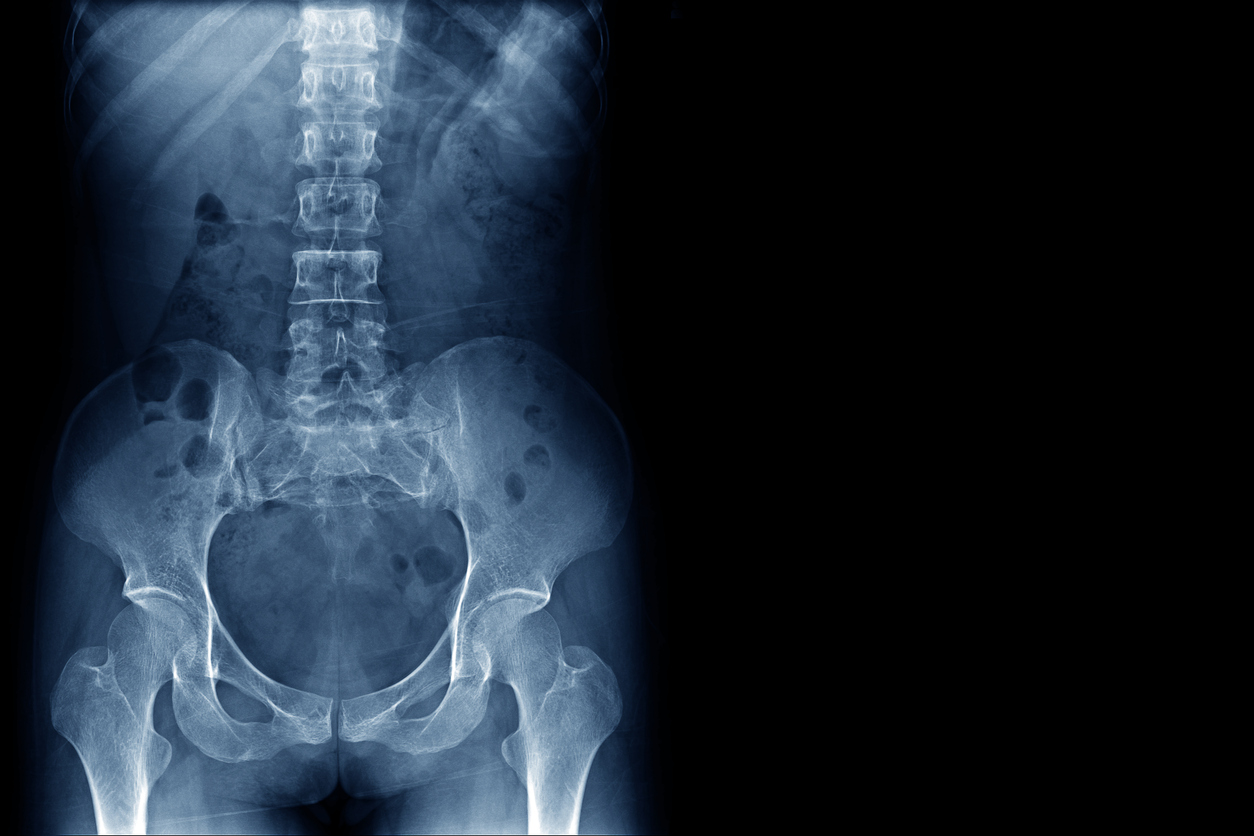Treatments
10 Tips to Help Prepare for a Surgical Procedure

7 people found this helpful
Print
Share
Save
Surgery is sometimes a viable treatment option for certain chronic pain conditions when other forms of treatment fail to reduce pain levels. The goal of a surgical procedure may be to reduce pain, improve mobility, or correct a deformity.
Feeling apprehensive or nervous about an upcoming surgery is normal. Having a plan in place prior to surgery can help calm the nerves. Below are 10 general tips regarding how to prepare for a surgical procedure.
- Ask questions
Have an in-depth conversation with the surgeon regarding the upcoming surgery. Ask questions about the procedure (e.g., risks vs. benefits, what to expect during recovery, how much it will cost, etc.). Write down questions prior to the presurgical appointment, as well as the answers provided during the appointment. Don’t feel embarrassed to ask the hard questions, such as how much experience the surgeon has with the specific type of surgery or if a second opinion would be beneficial. - Provide a current medication list
Provide the surgical team with a list of current medications. Certain medications, vitamins, supplements, or herbs can interact with anesthesia or increase the risk of bleeding during or after surgery, especially aspirin and blood thinners. - Follow instructions
The surgical center or hospital will provide specific instructions prior to surgery. Carefully follow their instructions. For example, certain medications may need to be stopped for a specific time frame prior to surgery and quitting or reducing smoking before having a surgical procedure may lead to better outcomes. Also, make sure to follow post-op instructions. - Discuss medical history
Provide the surgical center or hospital with an updated medical history. This can reduce certain risks associated with surgery or reactions to anesthesia or medications. - Learn about potential complications
Ask the surgeon about any potential complications that may occur. Follow any instructions to mitigate risks. A pain management plan should be in place before surgery. - Understand the recovery process
Ask about the recovery period involved. For example, will it take three weeks or three months to fully recover from the surgery? Ask about ways to ensure the quickest and safest recovery. In many cases, slow walks after surgery can reduce soreness. - Pack for comfort
Prepare a bag with necessities and comfort items. Pack essentials, such as insurance cards, identification, phone, phone charger, toiletries, etc. Examples of comfort items include a robe, pajamas, ear phones, lip balm, or books. Knowing that all items needed or wanted are in reach can ease anxiety. - Verify caregivers
Most people require some type of help after surgery. Make sure to have people in place to assist with different tasks during the recovery period. - Eat healthy and stay well-hydrated
Eating healthy in the weeks/months before surgery ensures the body is in the best shape for recovery. A well-balanced diet filled with lean protein, whole grains, fruits, and vegetables helps with the healing process. It’s also important to drink plenty of fluids to make certain the body is hydrated. However, make sure to follow instructions on any eating and drinking restrictions for the specific time indicated before a surgical procedure. - Limit or avoid alcohol
Drinking alcohol increases the risk of bleeding and negative effects of anesthesia. Follow instructions regarding alcohol use.
















